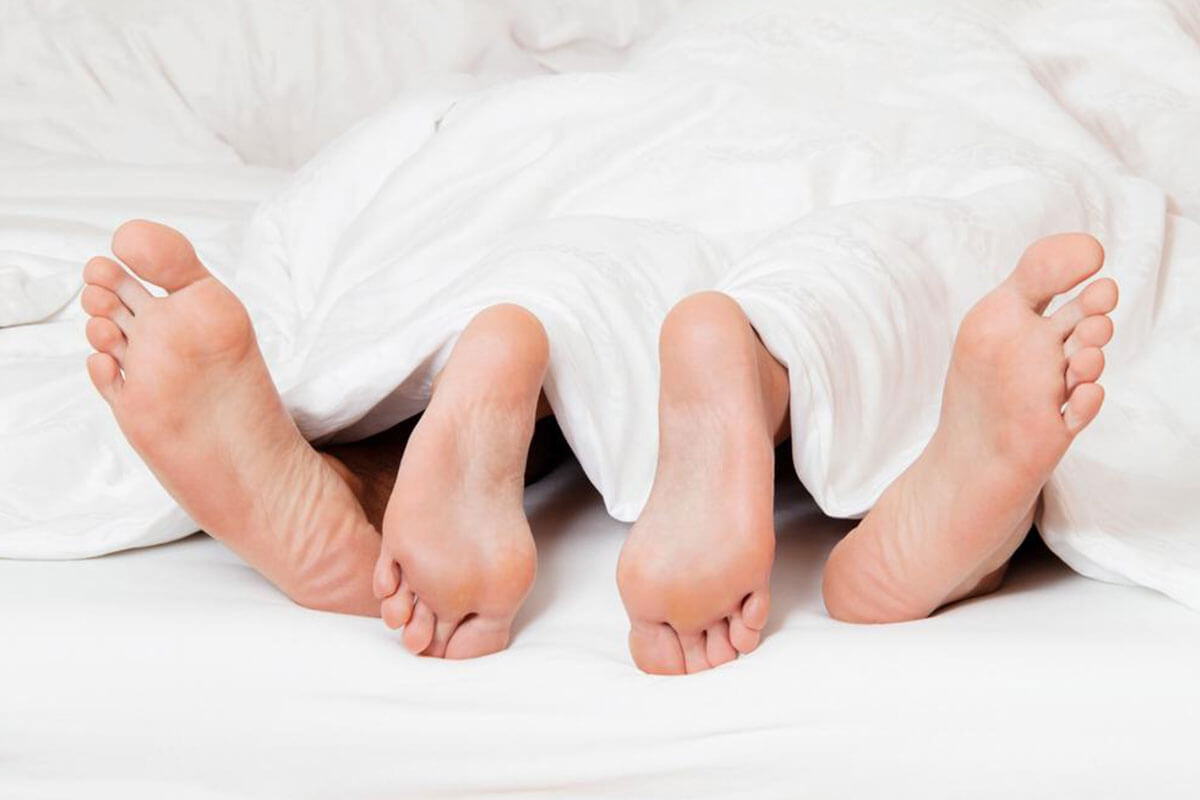Addressing Women's Low Libido: Causes and Recognizing HSDD Symptoms
This article explores female low libido and HSDD, highlighting causes, symptoms, and the importance of medical evaluation. Recognizing persistent low interest in sex helps women seek appropriate care, addressing physical, psychological, hormonal, and relationship factors to improve overall sexual health and well-being.

Addressing Women's Low Libido: Causes and Recognizing HSDD Symptoms
Female hypoactive sexual desire disorder (HSDD), also known as female sexual interest/arousal disorder (FSIAD), involves ongoing low sexual desire in women. While mood swings are normal, symptoms persisting beyond six months and affecting well-being or relationships should be evaluated by a healthcare provider. Often mistaken for aging or fatigue, identifying HSDD is vital for maintaining healthy sexuality and overall health.
Common signs include:
Decreased interest in intimacy
Few or no sexual fantasies
Discomfort during intimacy
Lack of pleasurable sensation during sex
Loss of motivation to initiate sexual activity
Many women attribute these symptoms to aging or tiredness, but lasting issues over six months may indicate HSDD, requiring medical advice.
Potential causes of HSDD:
Pain during sex or difficulty reaching orgasm can reduce desire.
Chronic conditions such as arthritis, cancer, diabetes, hypertension, heart, or neurological disorders can diminish libido.
Medications, especially antidepressants, may decrease sexual interest.
Lifestyle habits like smoking and heavy drinking impair blood flow, lowering arousal.
Surgeries involving the breasts or genitals might impact desire.
Fatigue related to illness can also decrease sexual interest.
Psychological factors:
Anxiety and depression
Stress from work, finances, or personal issues
Body image concerns
Low self-esteem
History of trauma or abuse
Hormonal changes:
Menopause: Reduced estrogen levels can lead to lower libido and vaginal dryness, causing discomfort during intimacy.
Post-pregnancy changes: Hormonal swings, postpartum depression, body image issues, and increased responsibilities can decrease desire.
Relationship problems, including lack of attraction, conflicts, poor communication, or unresolved issues, also contribute to HSDD. Often multiple factors combine, making medical consultation essential. Healthcare providers can recommend treatments like medication adjustments or addressing health concerns. Low libido is common, but help is available. Awareness and timely intervention are key to restoring a healthy sex life.


